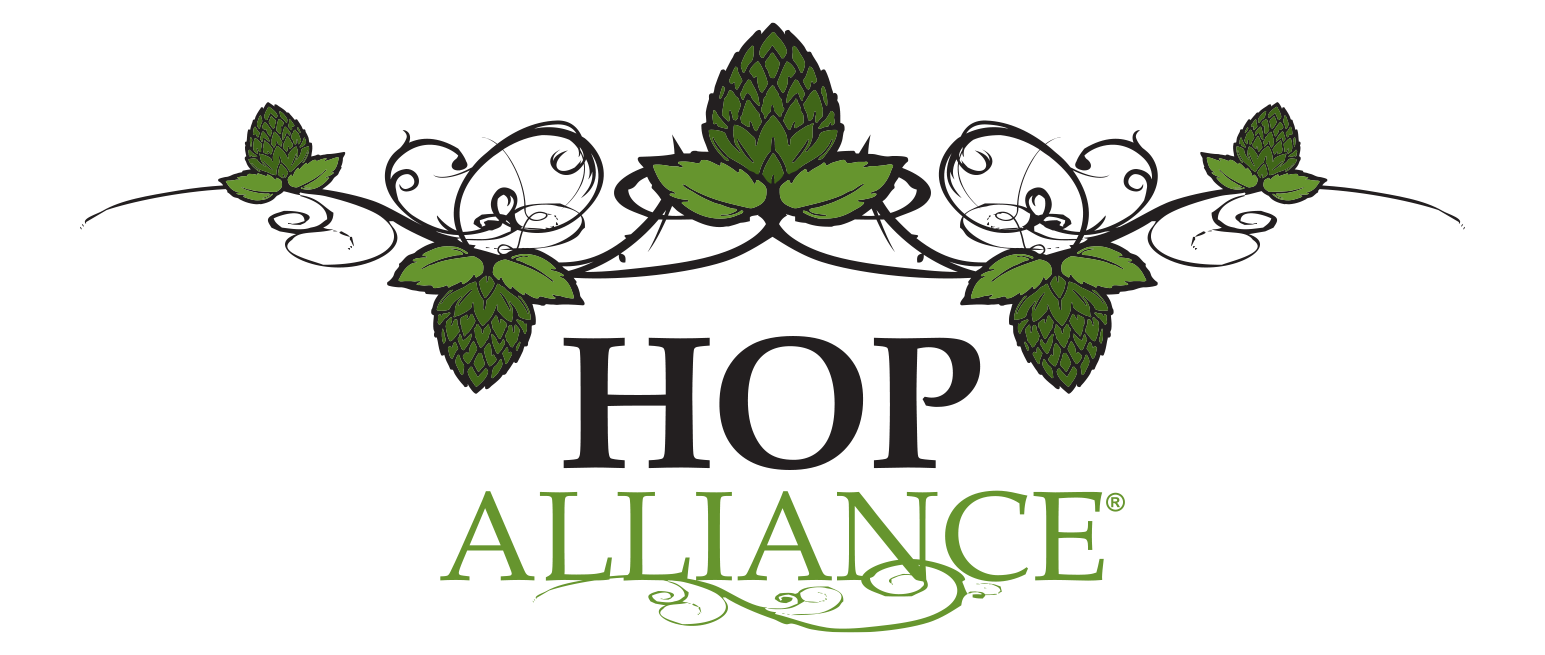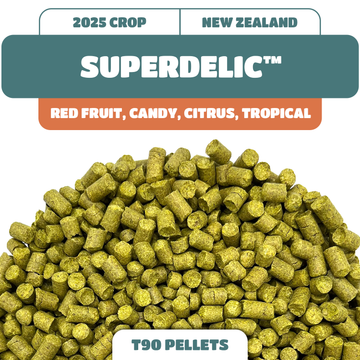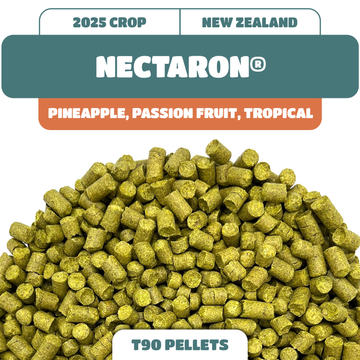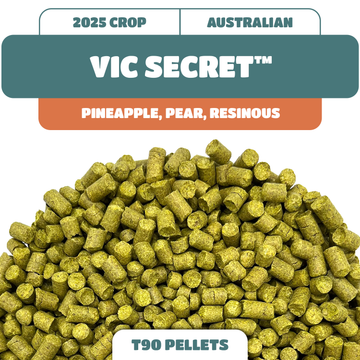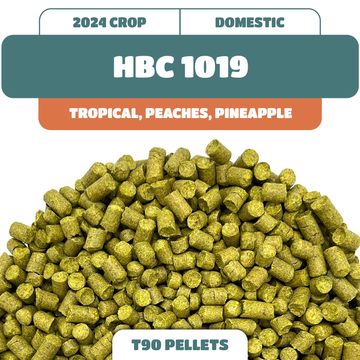Climate Change Will Make Beer Taste Different
Although centuries old, beer is a pretty dynamic beverage. In the last quarter-century, new directions from ingredients such as hops to styles of brewing have changed how the taste, quality, and availability of beer.
Not all of these changes are under our control. Climate change will make beer taste different in the future because the natural ingredients used are also changing. Specifically, the beer you like won't taste the same due to the effects of changing global temperatures on hops and the other components which go into beer. Consumers need to be aware of these changes and act on behalf of the beverage they hold dear. The brewing industry and farmers must do a better job of environmental stewardship for long term survival.
Let’s look at the big picture first. Crops grown in the United States are critical for the global food supply. U.S. farms alone supply nearly one-fourth of all grains such as wheat, corn, and rice on the worldwide market. All these are necessary elements to the brew master’s craft.
What are three effects of climate change?
- Changes in temperature
- Atmospheric carbon dioxide (CO2)
- The frequency and intensity of extreme weather
These three changes could have significant impacts on crop yields.
For any particular crop, the effect of increased temperature will depend on the crop's optimal temperature for growth and reproduction. In some areas, warming could benefit the types of crops typically planted there or allow farmers to shift to crops currently grown in warmer regions. Conversely, if the higher temperature exceeds a crop's optimum temperature, yields will decline. It is a delicate balancing act that isn’t going away soon.
A beer's flavor comes from the different plants and yeast that make up the beer: the chemical compounds in the various grains used and hop cones; the starch from the grains; the yeast that turns sugar into alcohol. But, most of the flavor and nuance comes from when the hops are added to the beer, if we're brutally honest.
Alpha acids produced by the hops provide the bitterness that we associate with many beer styles, while the essential oils from hops give a brew its ‘hoppiness’ or flavor. These essential oils are compounds that the plant produces. Scientists and breeders have experimented and cultivated different hops to provide the broadest range of flavor profiles.
Each hop variety produces its unique flavor profile. These flavors depend on the combination of distinctive chemicals in the hop cone's essential oils. When a hop cone produces more linalool or geraniol, it will have a disinct flowery taste. In contrast, the presence of farnesene produces a woody or herbal aroma. The genetics of each species of plant contribute to this profile. The ultimate flavor profile is based on the final combination of compounds the plant has produced and stored in the cone at harvest time.
But genes are only one factor in determining that flavor profile; the environment where the plant grows also makes a difference. Terroir, a well-known term in the wine-making industry, is the contribution that the local climate and weather ultimately has on a plant’s flavor profile. So, the differences in the soil, climate, weather patterns, and even insect attacks that the plant has experienced before producing the edible product are the most challenging variables to control. Just as the environment’s effect on wine grapes affects the taste of the resulting bottle of wine, the environment in which hops grow can and will affect the ultimate taste of the beer in your glass. The full effects of terroir on hops are unknown, but these variables' temperature appears to be the most significant factor. As demand grows for different and unique hops, the research on such terroir in beer making is expanding to help answer these questions.
Does beer have terroir?
And while we have been focusing on hops specifically, remember that these are not the only beer ingredients influenced by this. Terroir affects the starch component of beer: barley, oats, wheat, or rice. We spoke at the beginning about the impact global warming is having on crops. For these ingredients, the ratio of starches to proteins to lipids (fats) is essential. For example, barley varieties with high protein content in their seeds are far less desirable for beer production. But even grain varieties that are highly desired for beer production have had their protein and starch ratios altered. This occurs when they are grown under stressful conditions such as the unexpected heat and unavoidable drought in the Western United States. As a result, these stressors change the quality of the malt extract. And when this change occurs, it affects the final product.
This all seems like such simple science, but is there a simple solution?
Hops Climate
Mega-brewers, including Anheuser-Busch InBev, Molson Coors, and Heineken, will do whatever they can to protect their market share. As for artisanal brewmasters and home brewers, this becomes an obstacle needing to be addressed. Farmers and brewers must partner together to ensure that the food crops and the hops used in beer are grown responsibly.
Controlling emissions produced by all agriculture is a food-security issue. Greenhouse gases from food production create a vicious cycle. As the Earth gets hotter, farming gets increasingly difficult. This forces farmers to clear more land to grow crops. Thus, reforestation is also an essential part of the Eco cycle. For countries with lost plant and tree cover over the past century, deliberate reforestation will ultimately help remove greenhouse gases out of the air while also preventing soil from drying up and stripping it of organic nutrients.
Consumers must tell brewers that environmental stewardship is an important issue for them. They need to empower local and global beer brewers as a vital part of the whole global warming solution. Working with farmers who understand the long-term effect and supporting programs that will positively impact is the key to ensuring that we will have an abundant supply of the ingredients necessary to brew our favorite beverages.
